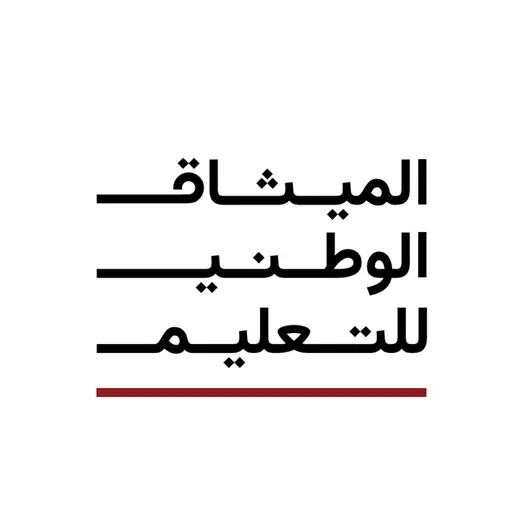As a growing number of countries impose flight bans on southern African nations due to concerns over the new Omicron variant, World Health Organization (WHO) urges countries to follow science and the International Health Regulations (2005).
Travel restrictions may play a role in slightly reducing the spread of COVID-19 but place a heavy burden on lives and livelihoods. If restrictions are implemented, they should not be unnecessarily invasive or intrusive, and should be scientifically based, according to the International Health Regulations which is a legally binding instrument of international law recognized by over 190 nations. This week, nations will be joining a special session of the World Health Assembly, organized by WHO to discuss how to collectively prepare and respond better to pandemics, building on their commitments to the International Health Regulations.
South Africa followed International Health Regulations and as soon as its national laboratory identified the Omicron variant informed WHO of this on the 24 November.
“The speed and transparency of the South African and Botswana governments in informing the world of the new variant is to be commended. WHO stands with African countries which had the courage to boldly share life-saving public health information, helping protect the world against the spread of COVID-19,” said Dr Matshidiso Moeti, WHO Regional Director for Africa. “On the eve of a special session on pandemic preparedness I urge all countries to respect their legal obligations and implement scientifically based public health actions. It is critical that countries which are open with their data are supported as this is the only way to ensure we receive important data in a timely manner.”
While investigations continue into the Omicron variant, WHO recommends countries to take a risk-based and scientific approach and put in place measures which can limit its possible spread. Flight bans have been imposed on southern African countries, but so far only two have detected the new variant. Meanwhile countries in other regions have reported cases of Omicron.
“With the Omicron variant now detected in several regions of the world, putting in place travel bans that target Africa attacks global solidarity. COVID-19 constantly exploits our divisions. We will only get the better of the virus if we work together for solutions,” said Dr Moeti.
WHO is scaling up support to genomic sequencing in Africa. Sequencing laboratories should have access to adequate human resources and testing reagents to work at full capacity. WHO is ready to support the additional human resource needs as well as mobilize funds and technical expertise to reinforce COVID-19 response activities including surveillance, treatment and infection prevention and community engagement in southern African countries. In addition, WHO is reaching out to all countries in the Region to ensure they receive necessary resources to detect and prepare for potential cases of Omicron.
WHO is urging countries to take key steps to enhance efforts to track the Omicron variant, including ensuring their PCR testing equipment can detect it, increasing their sampling and sequencing of COVID-19 test samples by at least double to 150 samples a week from the current average of 75, and review past sequencing samples for potential signs of Omicron.
In September 2020, WHO and the Africa Centres for Disease Control and Prevention launched network of 12 laboratories to reinforce genome sequencing of the virus. Genomic surveillance has advanced significantly since the start of 2021, with the continent recording a five-fold increase in the number of genomes sequenced.
Distributed by APO Group on behalf of WHO Regional Office for Africa.
© Press Release 2021
Disclaimer: The contents of this press release was provided from an external third party provider. This website is not responsible for, and does not control, such external content. This content is provided on an “as is” and “as available” basis and has not been edited in any way. Neither this website nor our affiliates guarantee the accuracy of or endorse the views or opinions expressed in this press release.
The press release is provided for informational purposes only. The content does not provide tax, legal or investment advice or opinion regarding the suitability, value or profitability of any particular security, portfolio or investment strategy. Neither this website nor our affiliates shall be liable for any errors or inaccuracies in the content, or for any actions taken by you in reliance thereon. You expressly agree that your use of the information within this article is at your sole risk.
To the fullest extent permitted by applicable law, this website, its parent company, its subsidiaries, its affiliates and the respective shareholders, directors, officers, employees, agents, advertisers, content providers and licensors will not be liable (jointly or severally) to you for any direct, indirect, consequential, special, incidental, punitive or exemplary damages, including without limitation, lost profits, lost savings and lost revenues, whether in negligence, tort, contract or any other theory of liability, even if the parties have been advised of the possibility or could have foreseen any such damages.


















